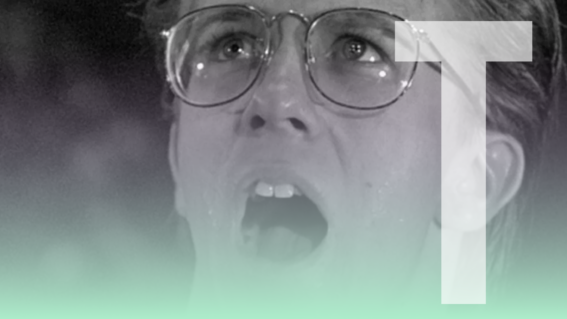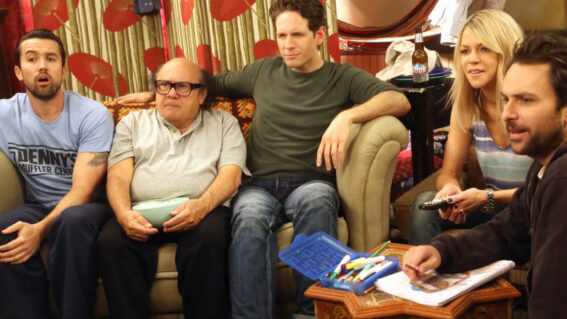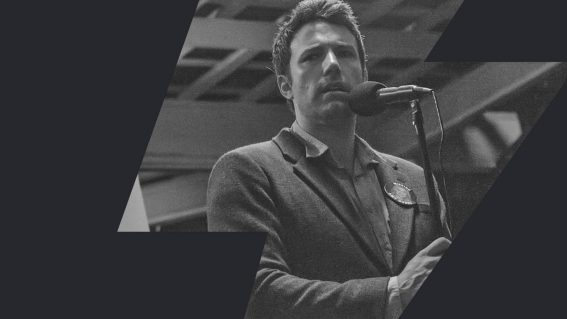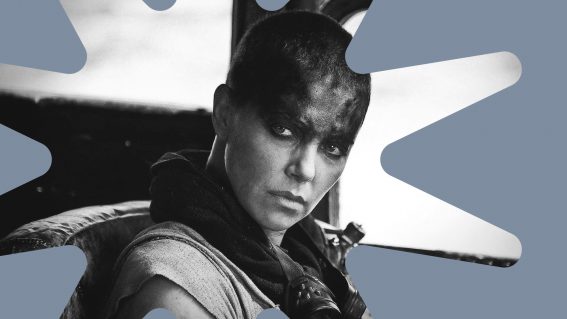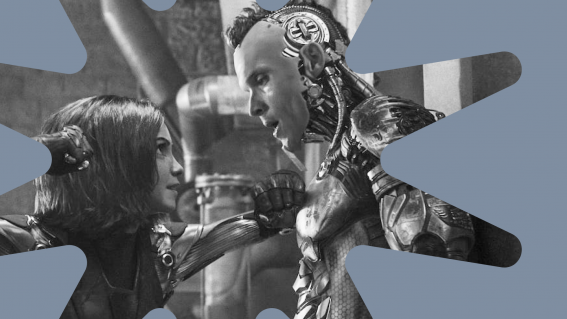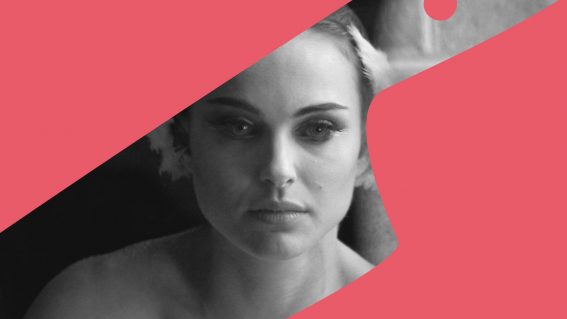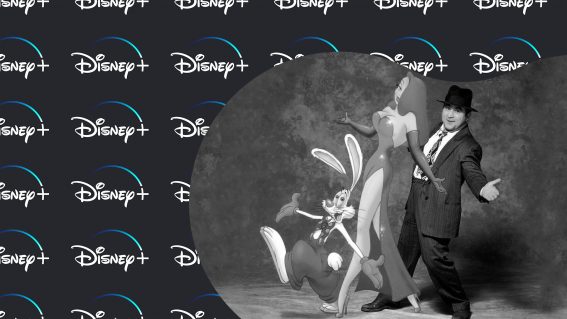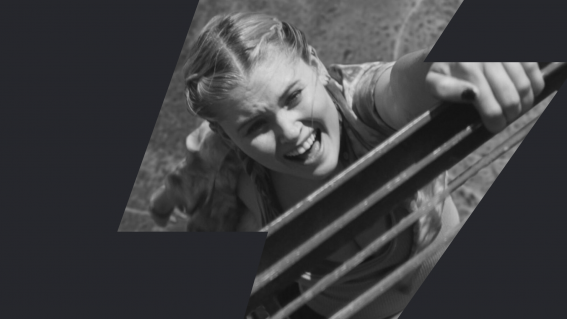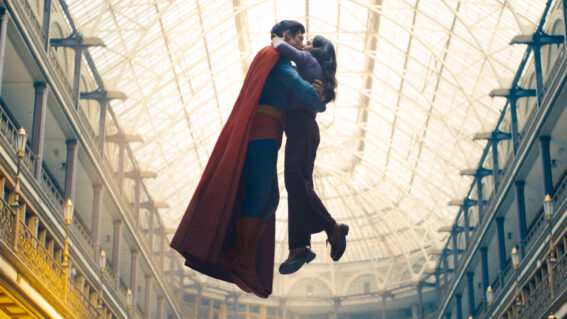Shazam! director on why scaring kids is good
We just wanted to do what was best for the character.
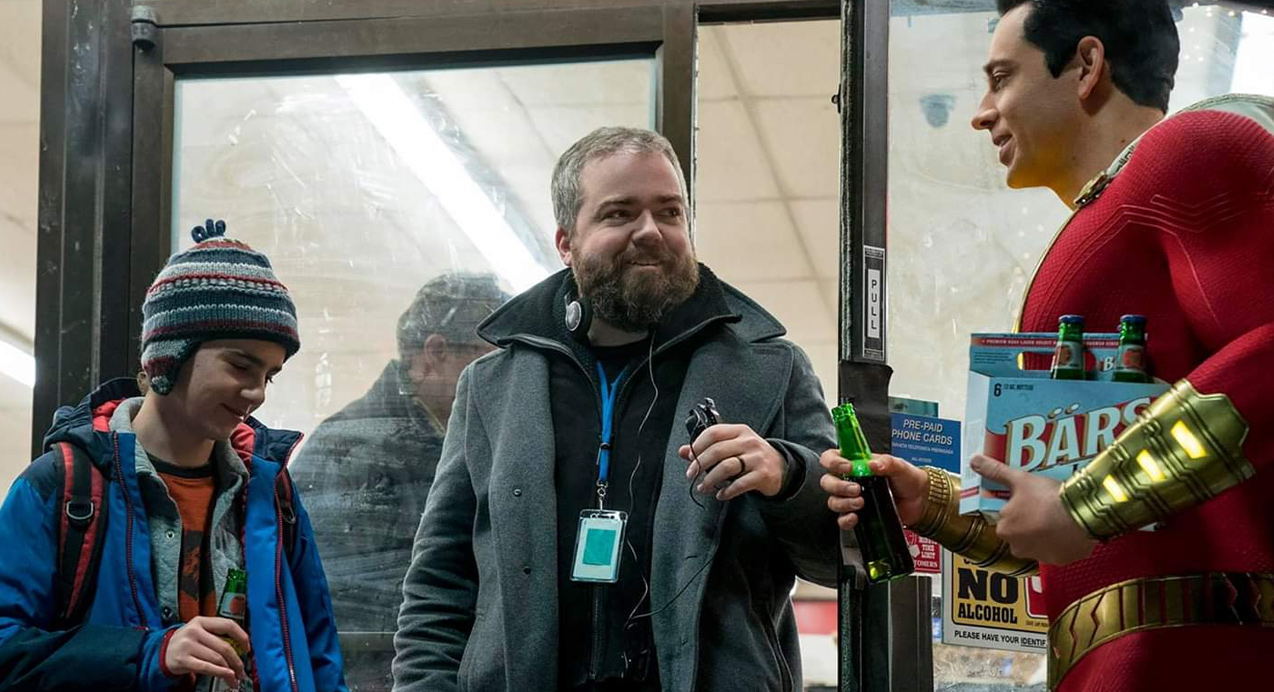
As well as chatting with star Zachary Levi, Dominic Corry sat down for a yarn with Shazam! director David F. Sandberg, whose horror background informs aspects of the generally older-kid-friendly DC superhero pic.
Prior to Richard Donner getting the job to make Superman: The Movie, he directed the global smash hit The Omen. Sam Raimi was primarily associated with the Evil Dead trilogy when he took on Spider-Man. And although James Wan had spent some time in the Fast and Furious universe, was still best known for creating three horror franchises (Saw, Insidious and The Conjuring) when he made Aquaman.
Into this pantheon of filmmakers who make the shift from horror to superheroes comes David F. Sandberg, the Swedish director who broke out when he expanded his 2013 short horror Lights Out—a low-concept viral sensation that was viewed over 100 million times—into the 2016 hit feature film of the same time. The following year, Sandberg collaborated with Wan on the Conjuring spin-off/prequel Annabelle: Creation.
And now he’s taking the superhero leap with Shazam!, a new film set in the DC Extended Universe, centred around a character without much of a big screen legacy.
Indeed, Shazam, as he is currently known, was once as mighty a cultural force as Superman, but a lawsuit from DC (asserting that Captain Marvel, as he was then known, was a rip-off of Supes) kept the character out of circulation for a while. Then DC acquired the character, changed the name to lessen the association with their principal competitor, and inserted him into their own comics.
There was a black and white serial in the 1940s, both a live-action and an animated TV show in the 1970s, but since then, Shazam has been consigned mostly to the comics.
He comes to life in the new film via Zachary Levi, still probably best known for the TV show Chuck. Asher Angel also stars as fourteen-year-old foster child Billy Batson, who transforms into Shazam when he says the hero’s name.
Flicks recently sat down with Sandberg in New York to discusses the film.
Flicks: In the age of the proliferation of the superhero film, the challenge would seem to be how to set your film apart. How did you approach that issue?
David F. Sandberg: I think the character automatically sets himself apart because we get to experience it through a child, as opposed to an adult superhero where it’s like ‘Oh, the burden. I have to save people and all the responsibilities.’ A kid doesn’t really think about the responsibilities right away. So he’s gonna have fun with it. That’s a big thing that sets it apart, and it has this message about family as well in it, which is really nice. How family isn’t necessarily about blood, but who you choose.
It’s very exciting because, at one point in time, Shazam was more popular than Superman, but since then, he’s kind of fallen to the wayside and not a lot of people know about him, so it was quite fun to be able to introduce him to new fans.
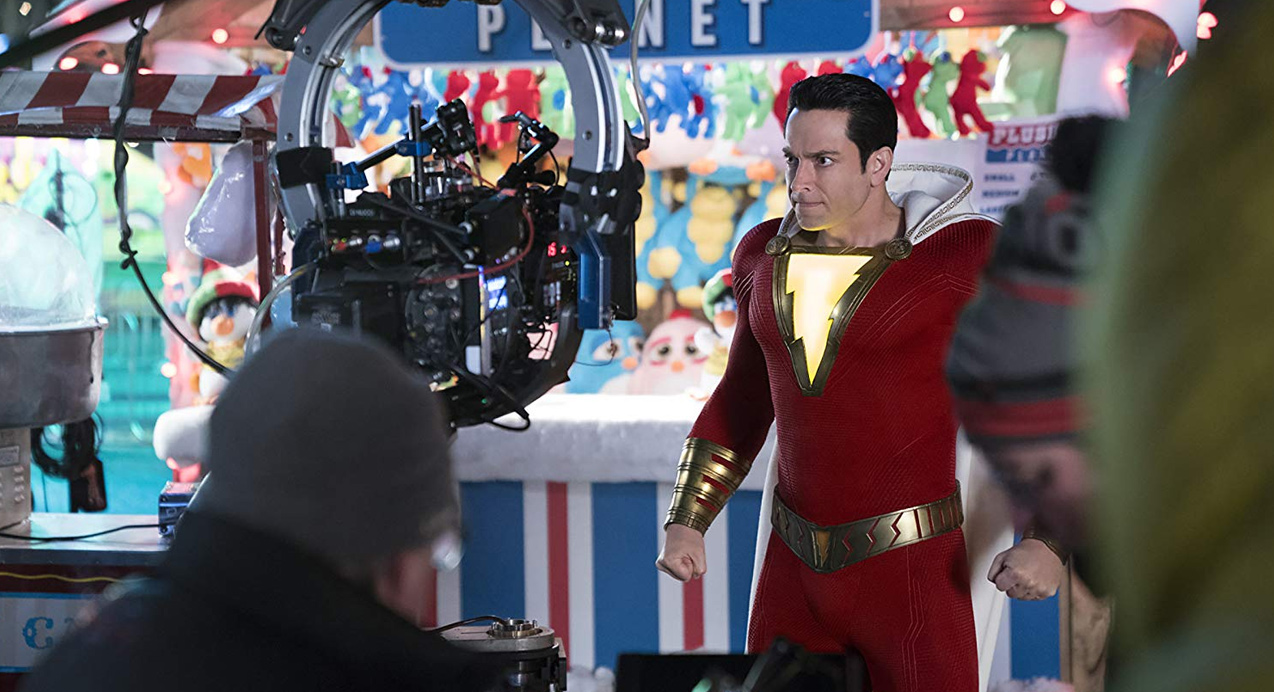
What about Zachary Levi made him the right choice for this character?
It was when we saw his audition tape that we figured it out. We auditioned over a hundred people, and the common thread among adults trying to be kids is they sort of dumb it down, they lower their IQ. But Zach has this childlike enthusiasm and excitement that makes him feel like an authentic child, not someone who’s trying to be a child.
Up until Aquaman, many of the DC Movies were criticised for being too gloomy—was there pressure to make this more fun?
No. It was just what was appropriate for the character because Shazam has always been a light-hearted character, we just wanted to do what was best for the character.
Was there any trepidation on your part in taking the job, considering the problems many of the DC movies have faced in the marketplace?
Not at all. I’m a fan of a lot of DC movies, and I’ve always been a DC comic books fan, as well as a Marvel fan, and it was awesome to get to play around in this world. Even in my first movie, Lights Out, which was a Warner Bros. movie so we were allowed to use DC things, so I have a lot of action figures and posters from DC in that. In this one, we could take it even further because it actually takes place in that world where these heroes actually live and exist.
That’s an interesting element of this film—seeing “normal” people react to the existence of superheroes.
To me, it’s interesting that this is the first time that we’ve shown what it’s like living in a world where these people are real. Because of course they would have toys, and they would have books, and all of these things. And you would have people like Freddy [Billy’s foster brother, played by Jack Dylan Grazer] who are huge superhero fans, it’s just that it’s actually real people, which is kind of interesting.
There are some pretty extreme horror elements in Shazam! How did you know how far to push that considering this was gonna be a family targeted film?
Well, of course, I didn’t wanna have it be bloody or gory in any way, just a little bit scary, like some of my favourite movies when was younger. Like, a reference for how far to go and how far not to go would be Jurassic Park. Where people actually do die and are in jeopardy, but it’s still something that kids can enjoy as well as adults. I think you need to have proper stakes, like a real threat, in order for you to believe that when our characters are in danger, they’re in real danger and things could go bad. If it’s just funny and light-hearted all the time, you don’t get the same sort of depth, the same sort of drama.
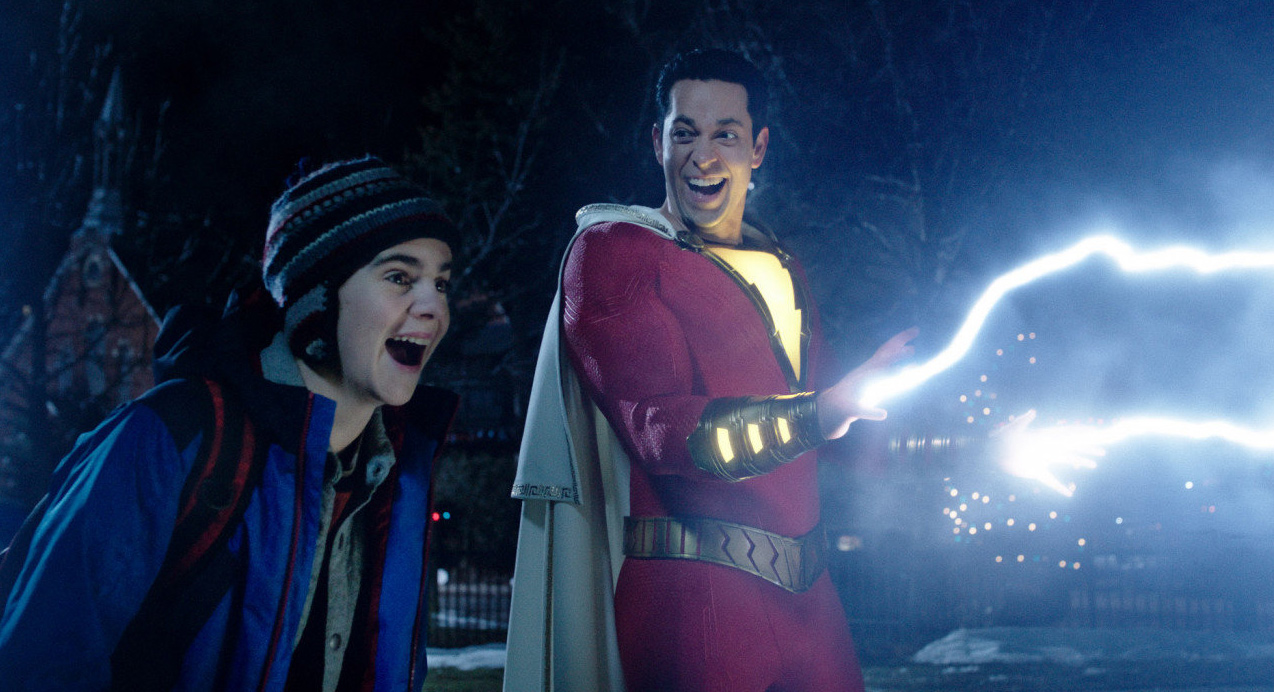
Was it just a coincidence that two of the cast members from [film title censored for spoiler-related reasons] show up here in surprise supporting roles?
It was actually because when we were casting, I didn’t think about that. It was more of a thing afterwards where it was like: ‘Oh right, both of you guys were involved in that’. No, they were just the best for the part.
It was a great moment in the movie when they appeared.
What I love about it is that we’ve been able to keep it sort of under wraps, that people don’t expect it. So when you see it with audiences, and you get that reveal, everyone’s sort of like, wow.
Several years ago, it was announced that Dwayne ‘The Rock’ Johnson would play Black Adam, Shazam’s mortal nemesis. How did those plans factor into your film?
I know the studio had been looking at this idea of making a Shazam versus Black Adam movie, and it started out that way, but I think they found that it was better to just focus on Shazam’s story first, because there’s certainly enough there, as you can see in this movie, for just him. And that’s when I came on board, after they had already made that decision. So we didn’t have to think about Black Adam in any way, we just focused on making this film.
Big is clearly a large touchstone for this film. At what point did you decide to specifically reference it with the walk-on piano scene?
That was pretty early on, it might’ve been there right from the start, that we have to reference it. We were talking about it right from the start that this is Big but with superpowers, so that was there early on. And there have been versions of Shazam where they’re kind of two different people, Billy and Shazam, and basically, just switch places. But I think this version of Shazam is the most fun version.






